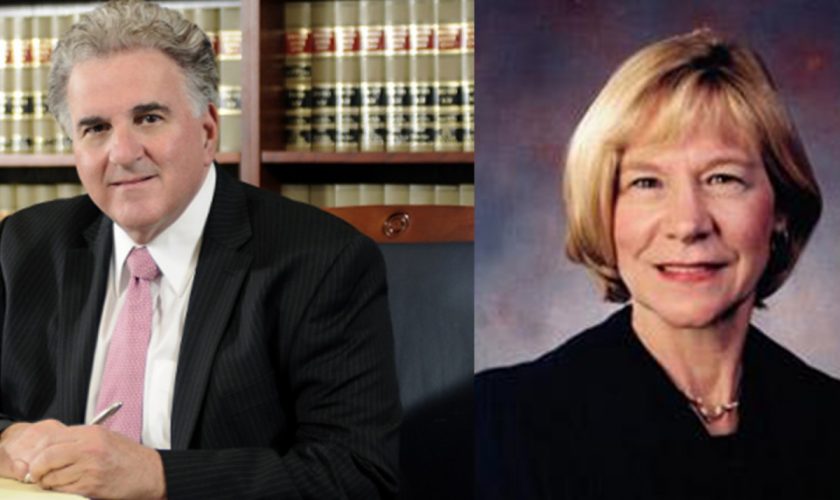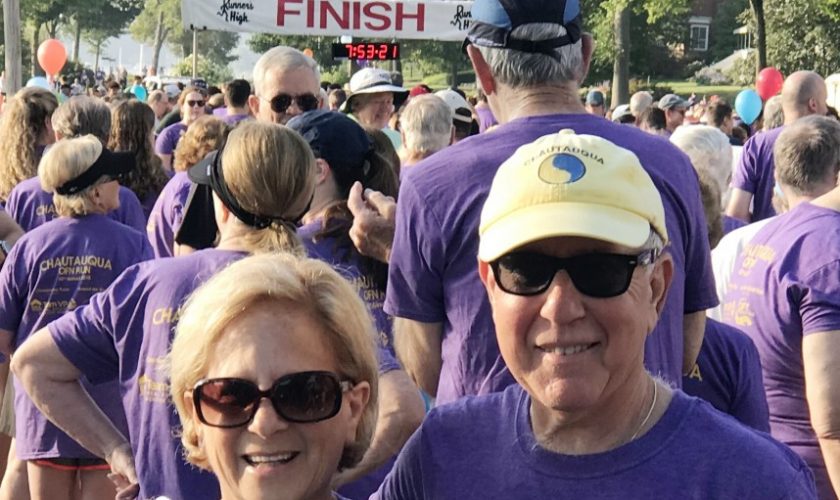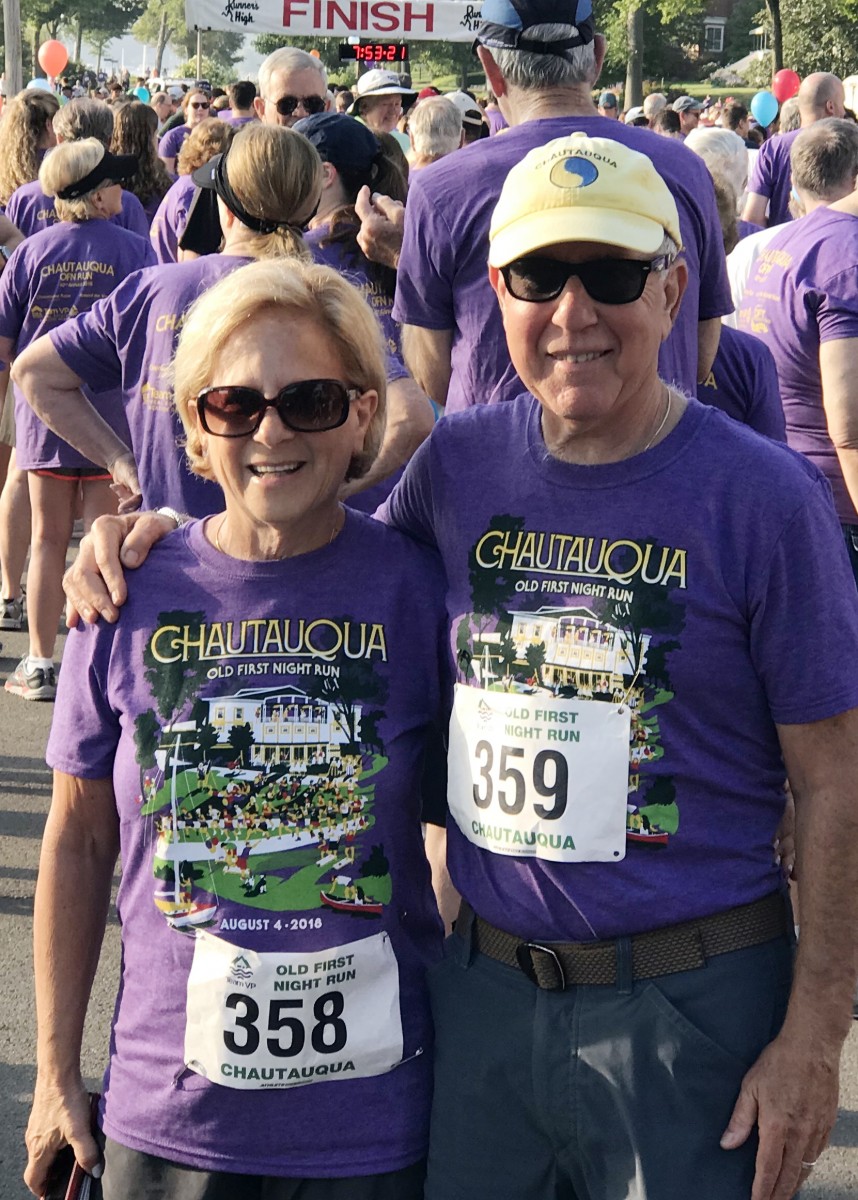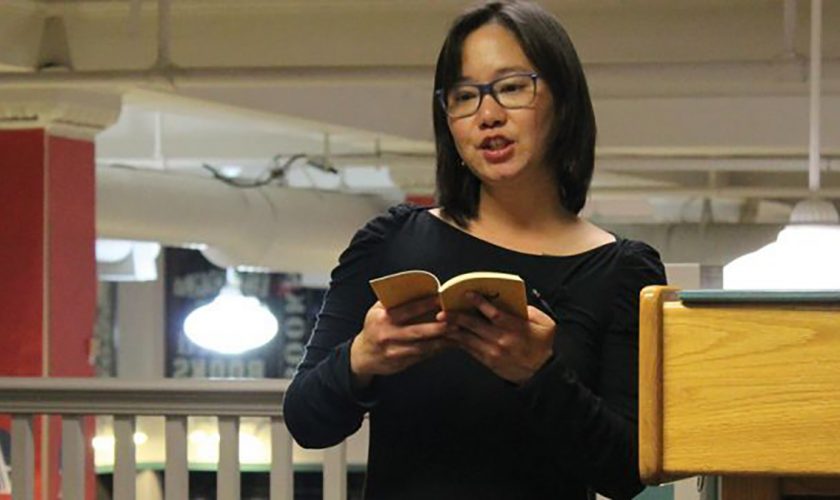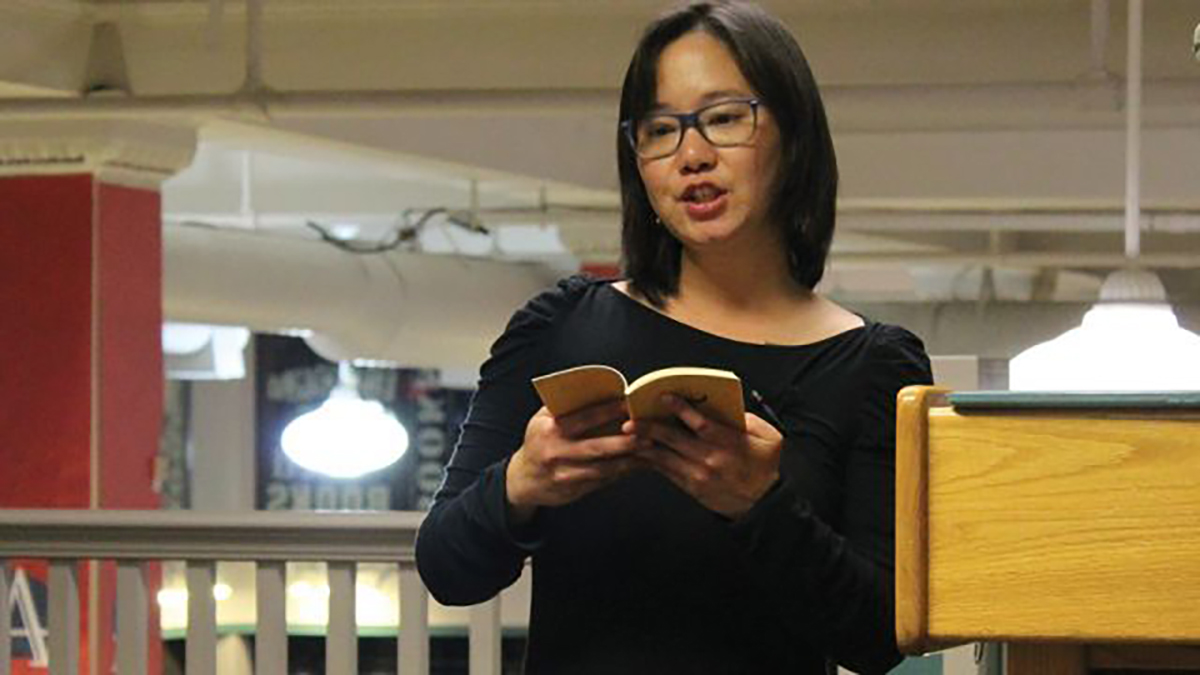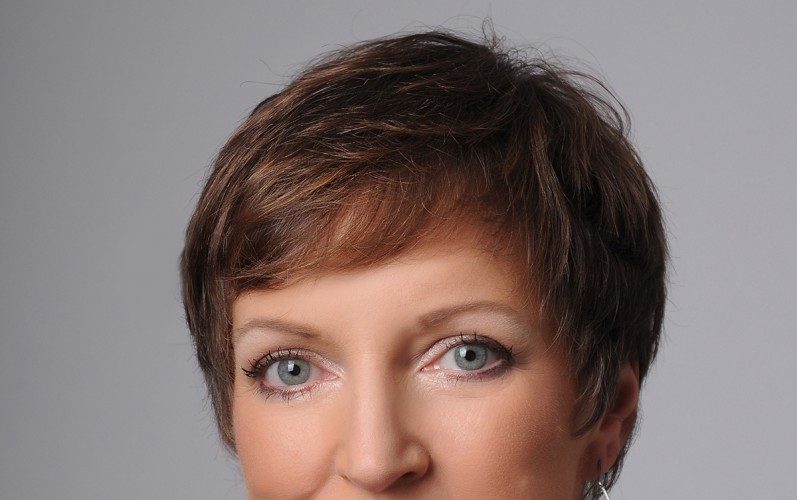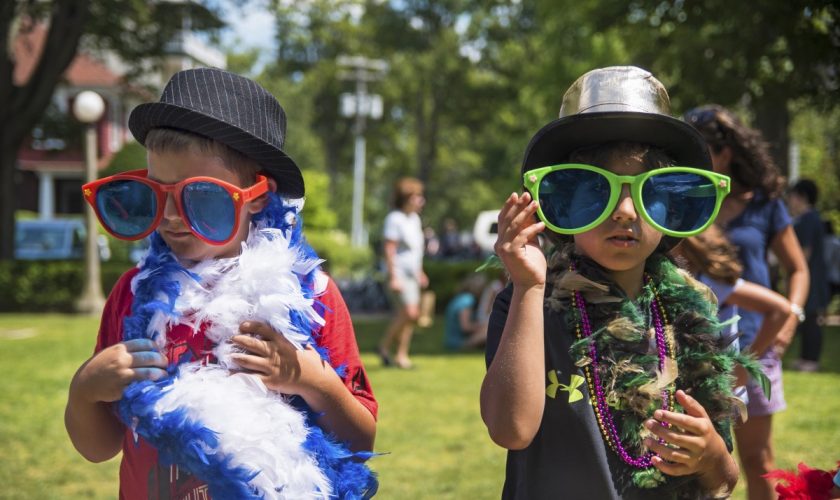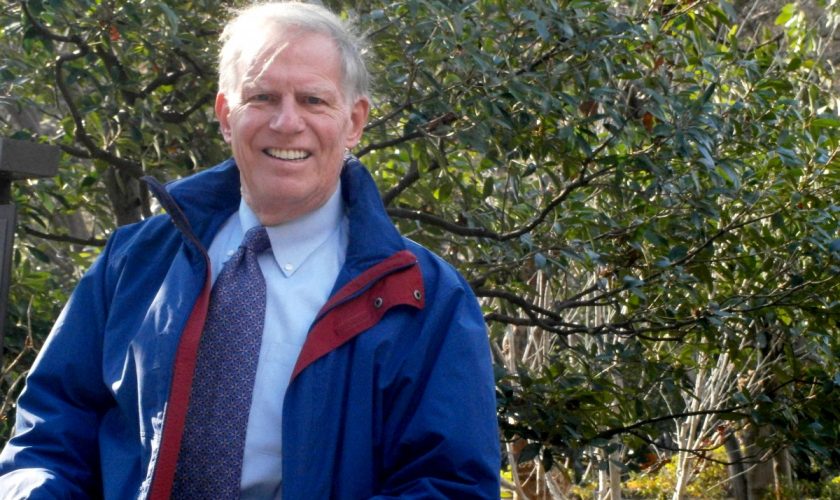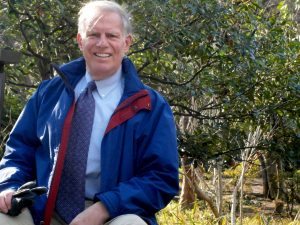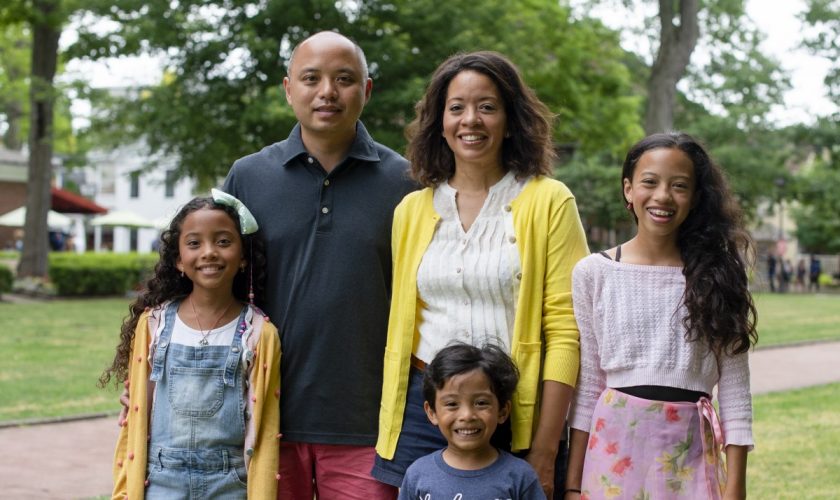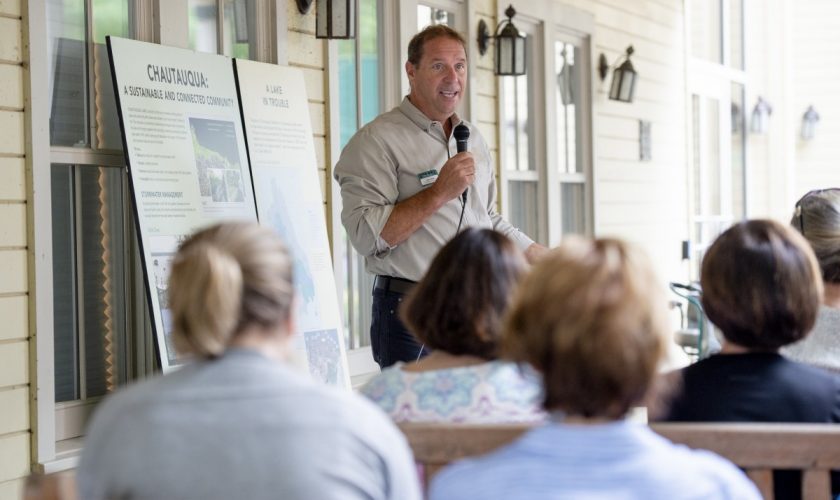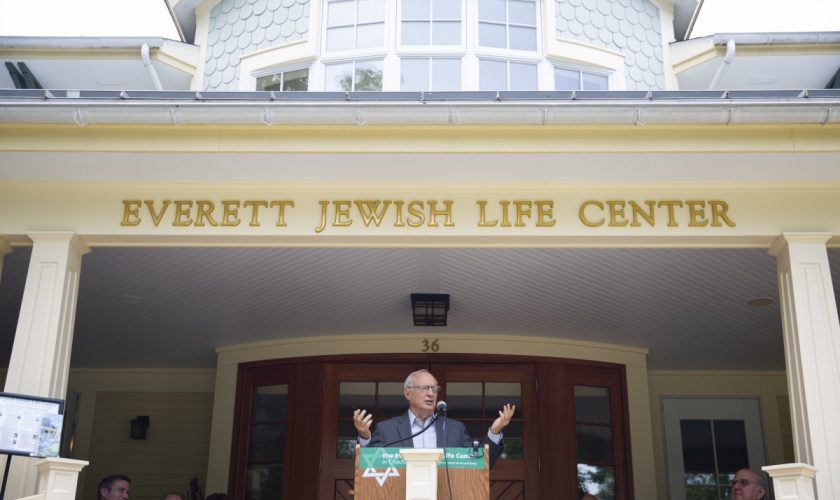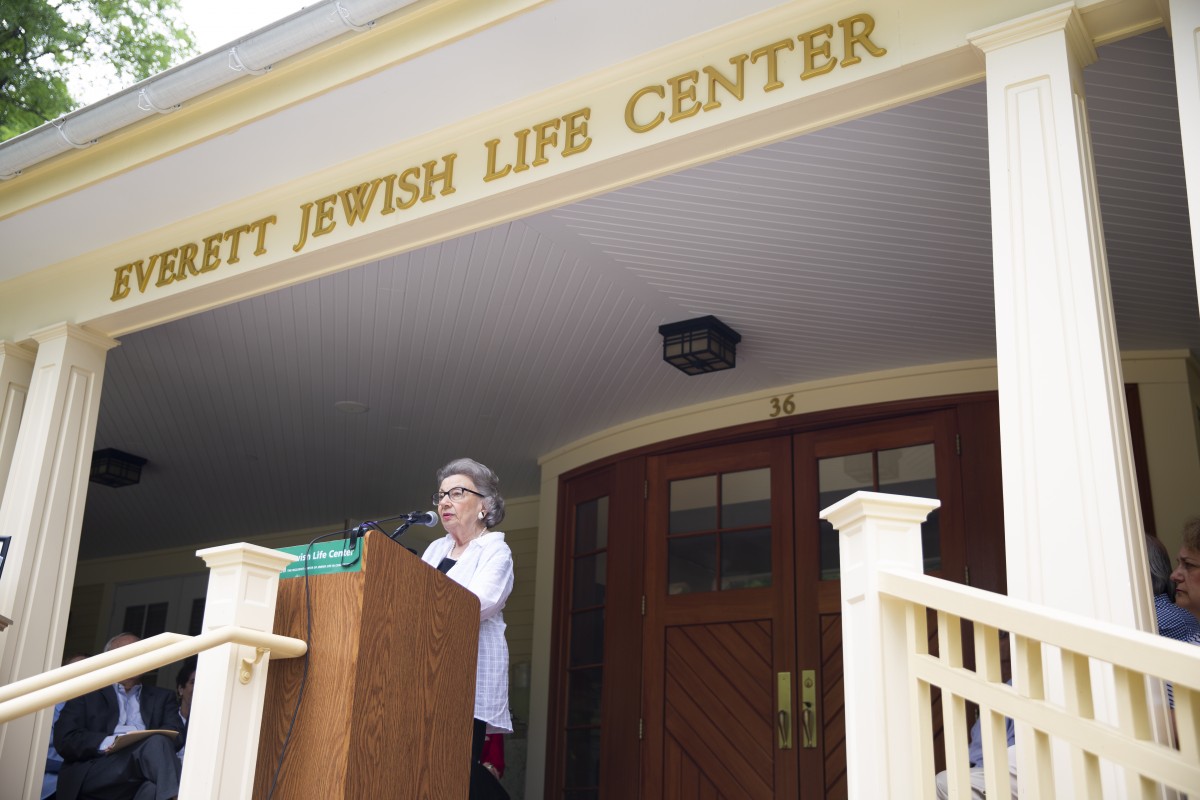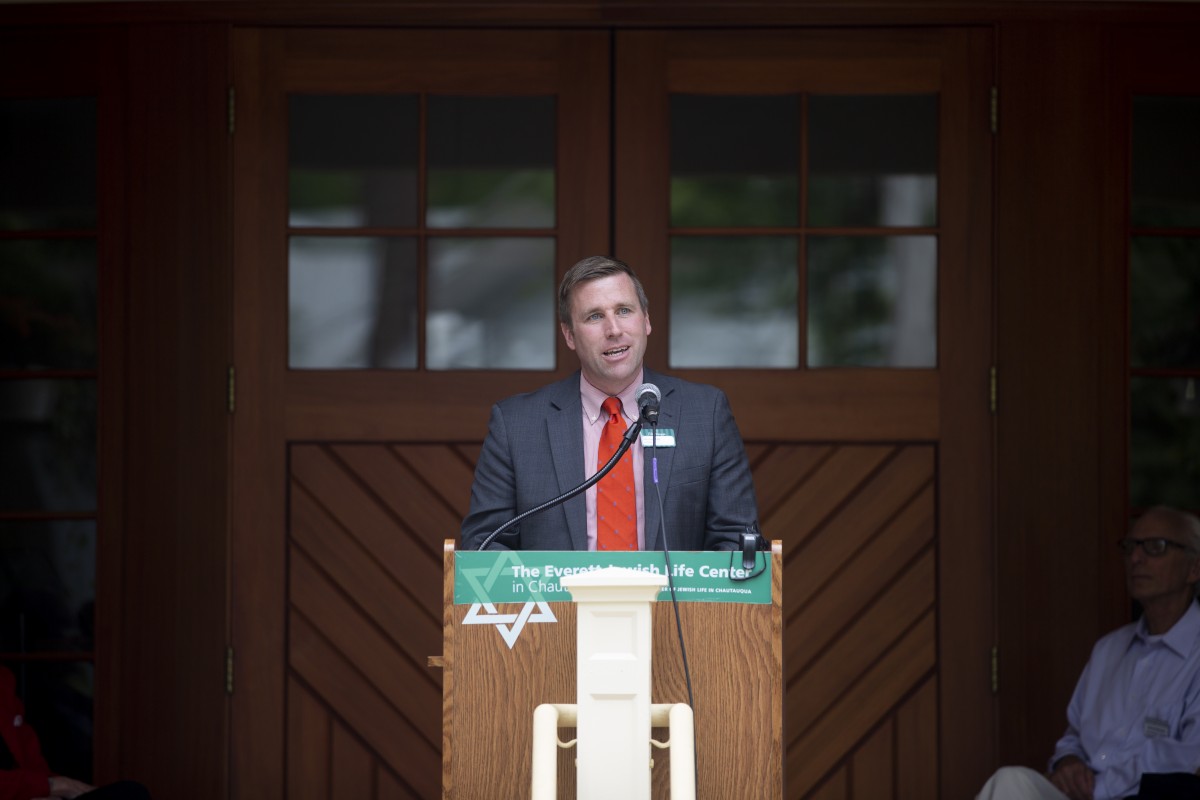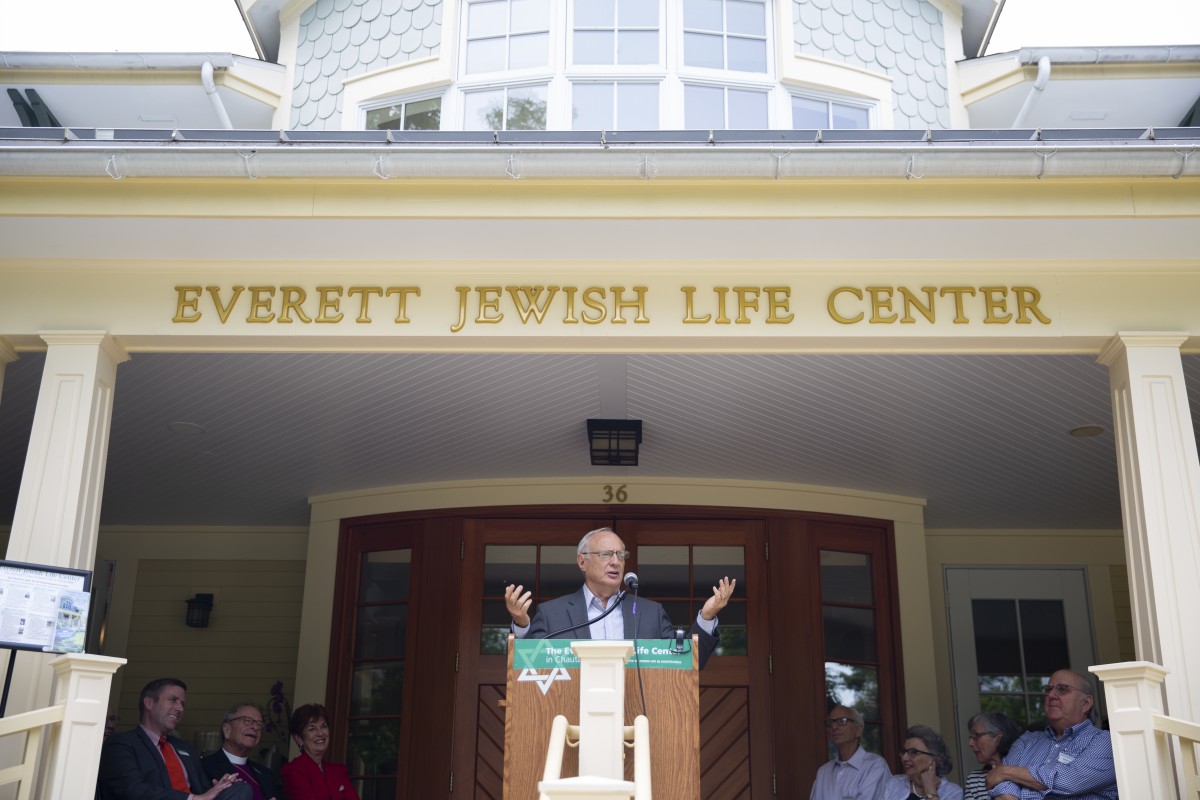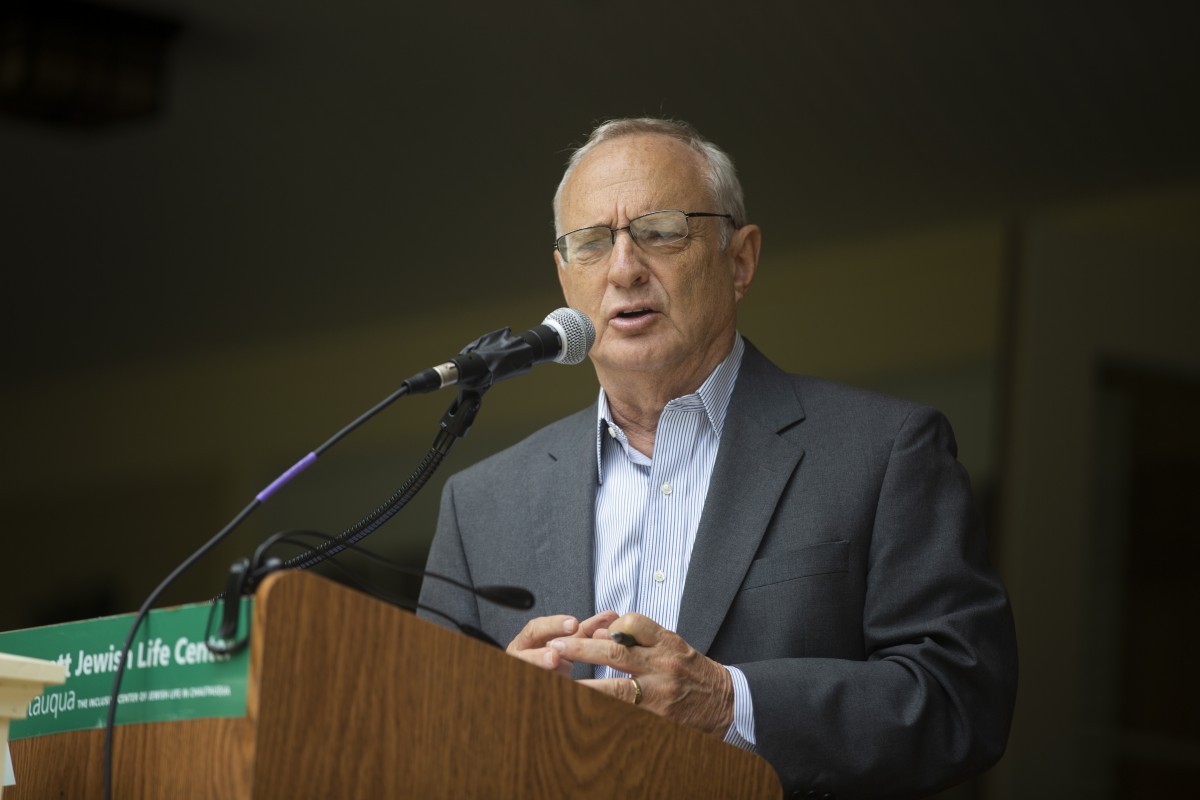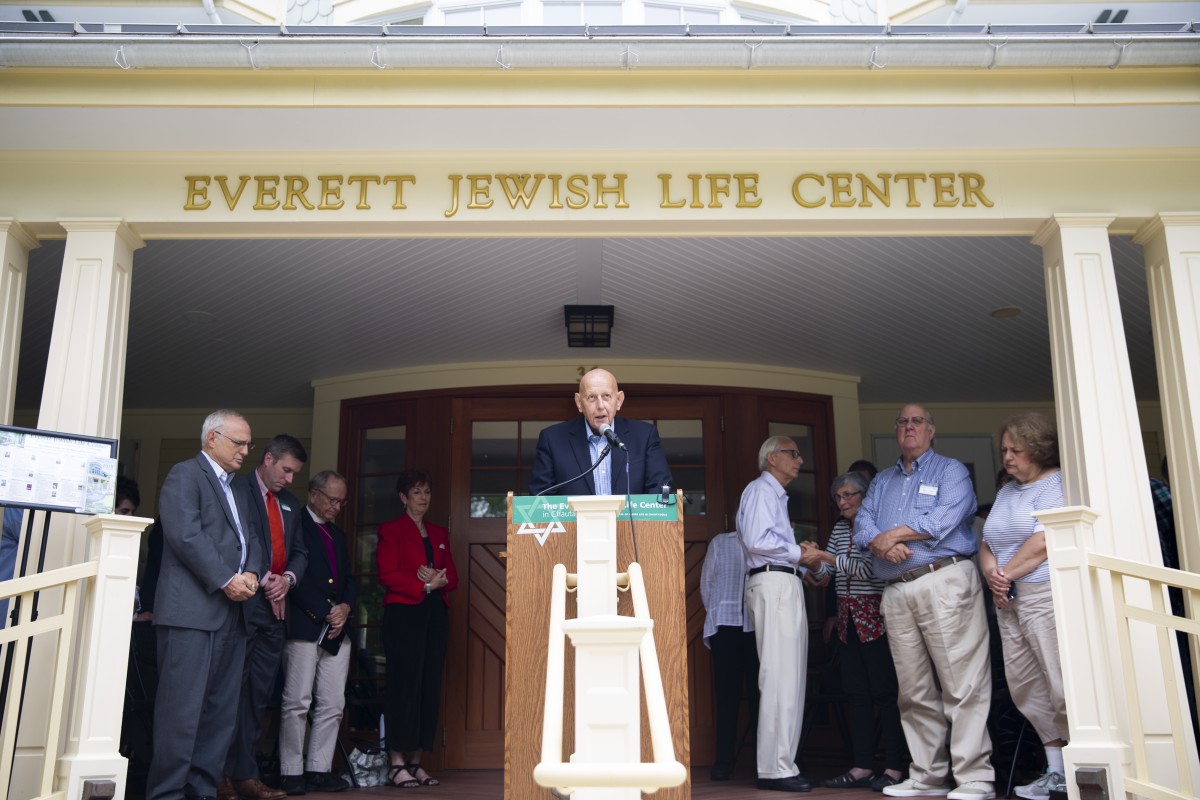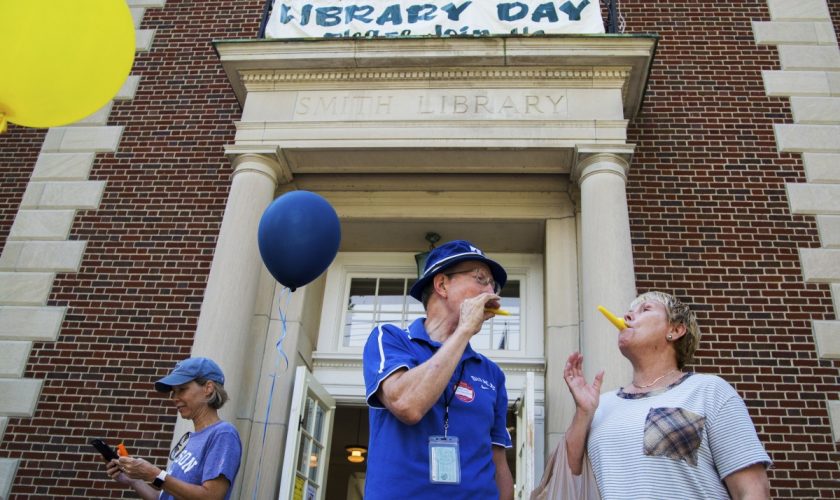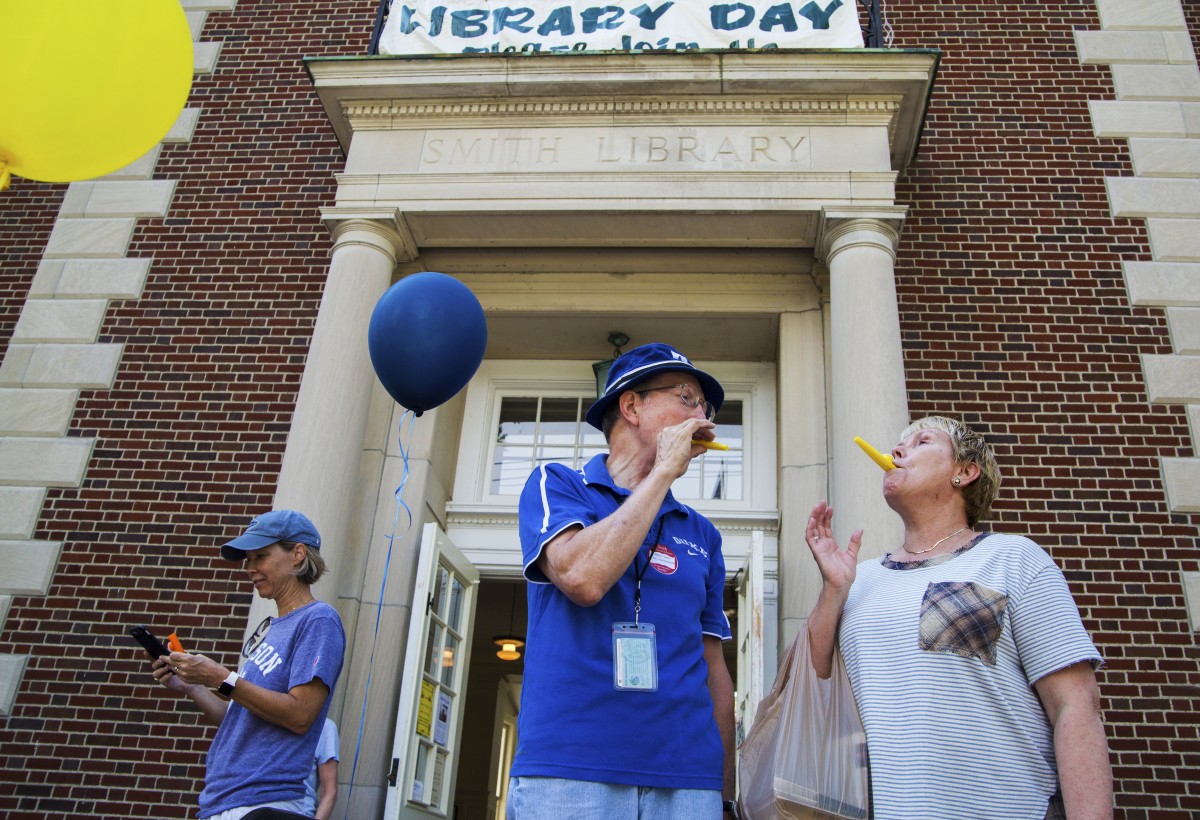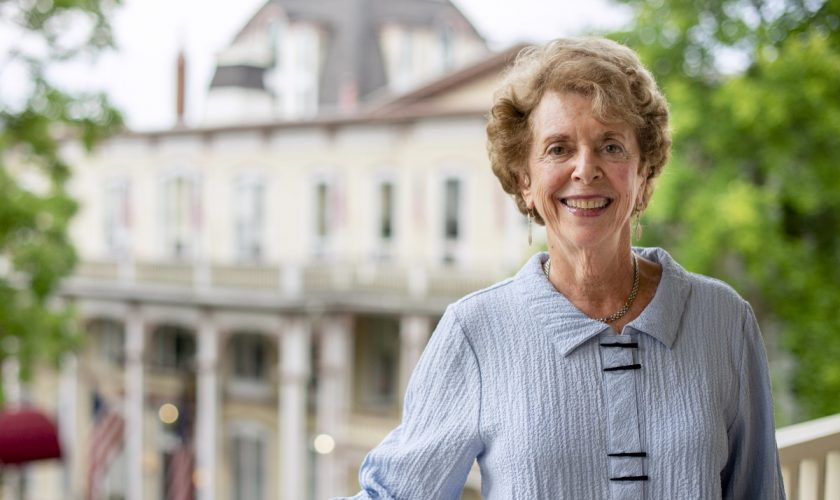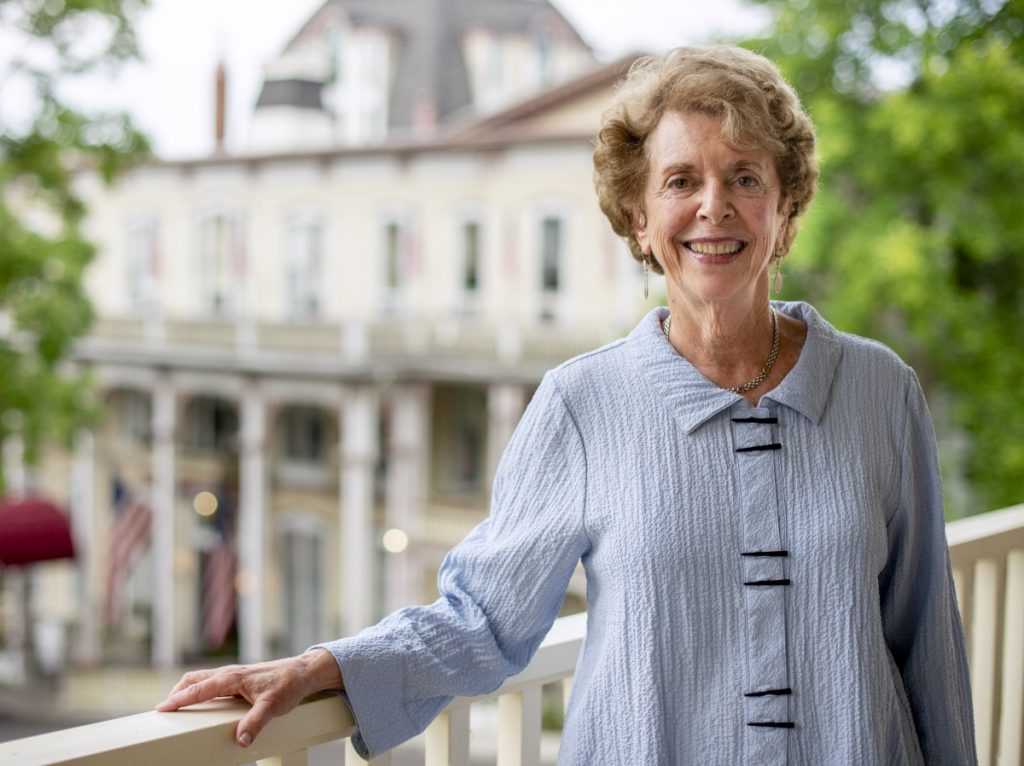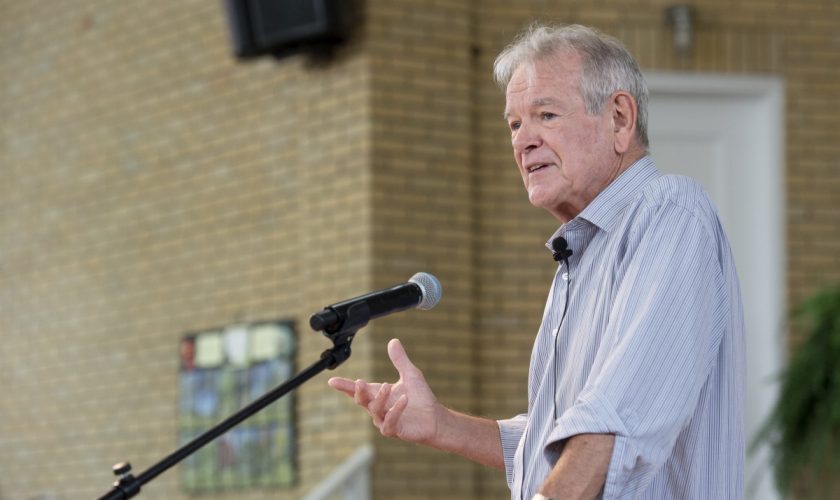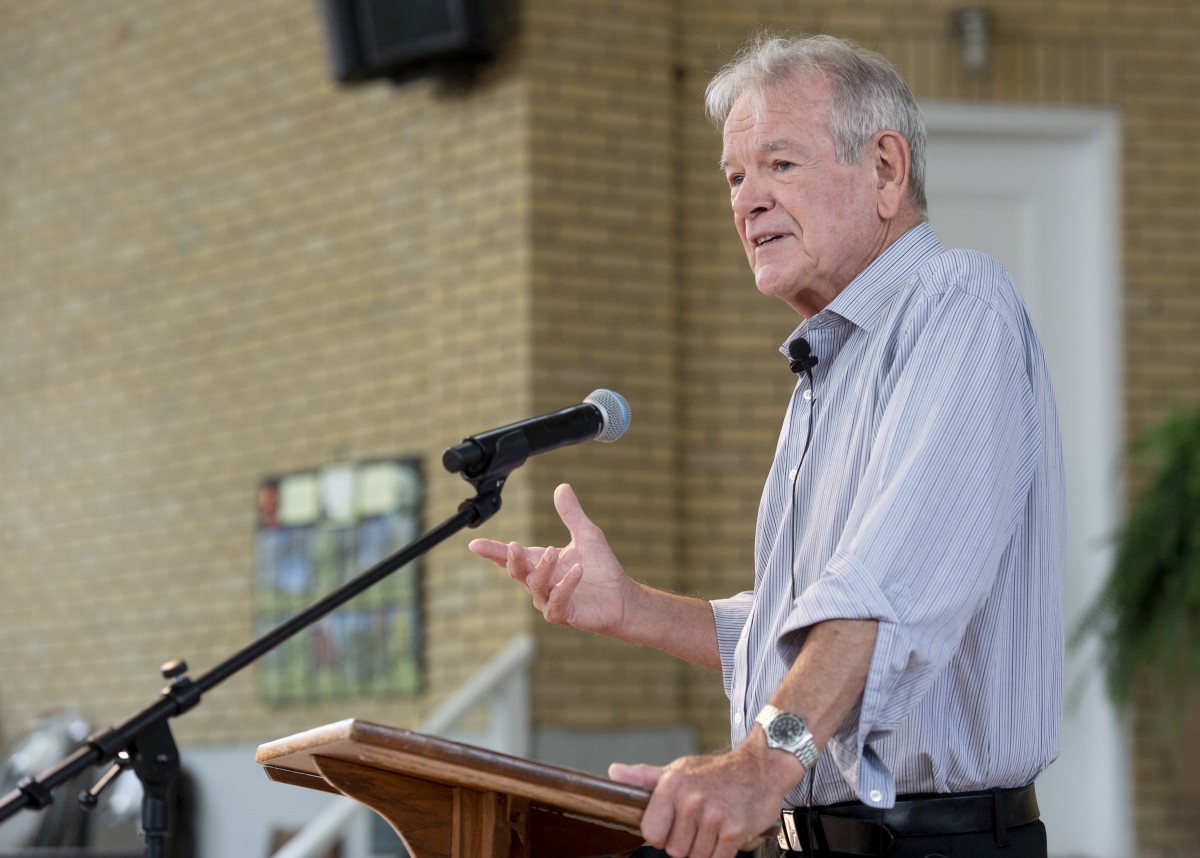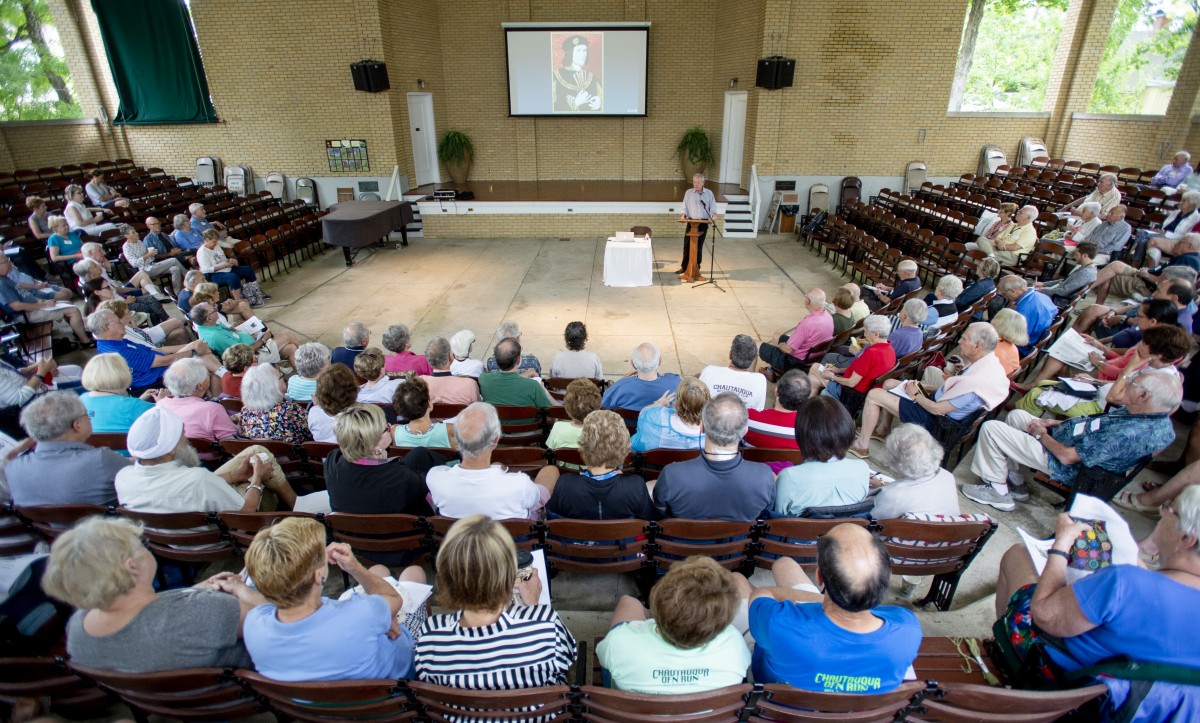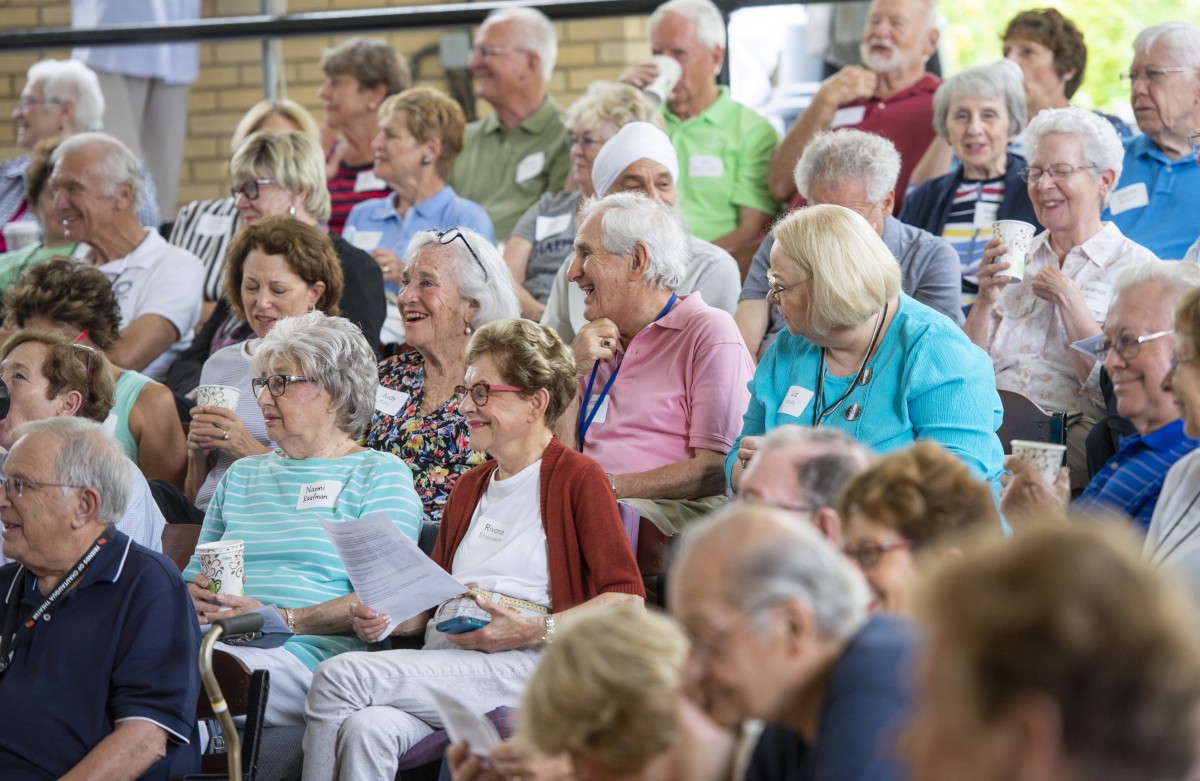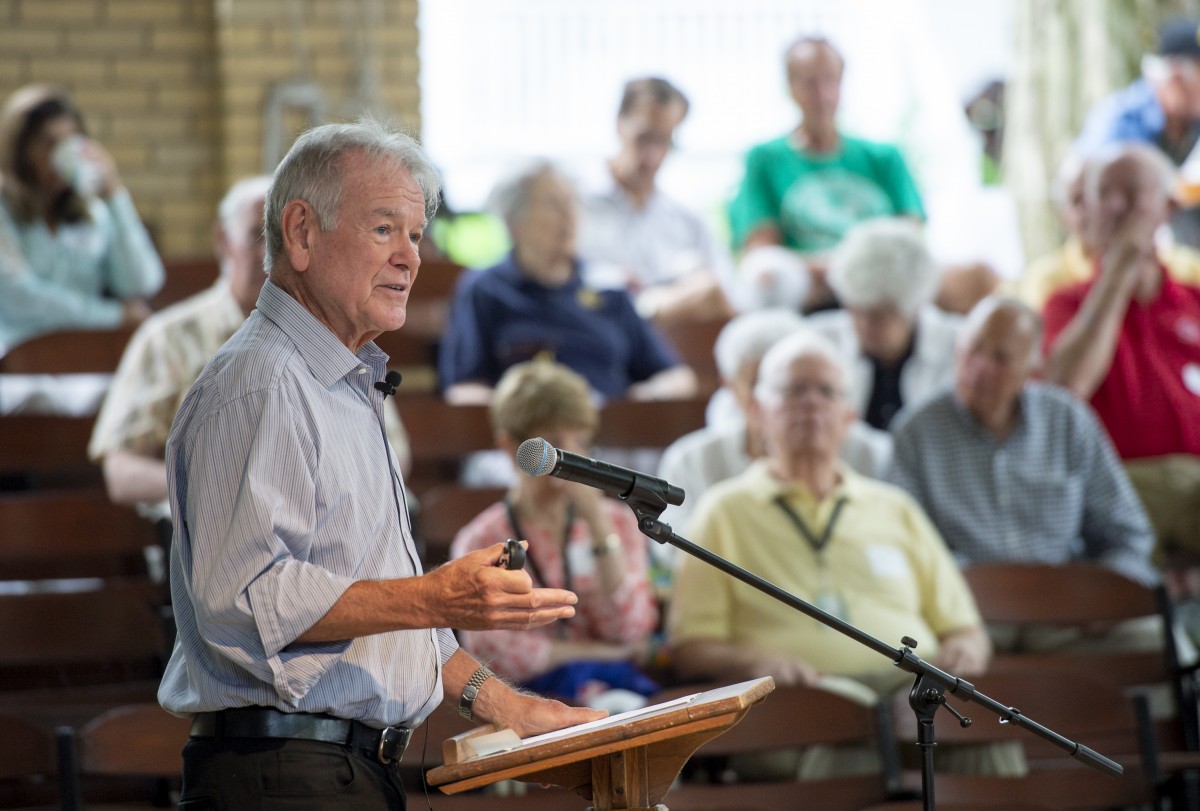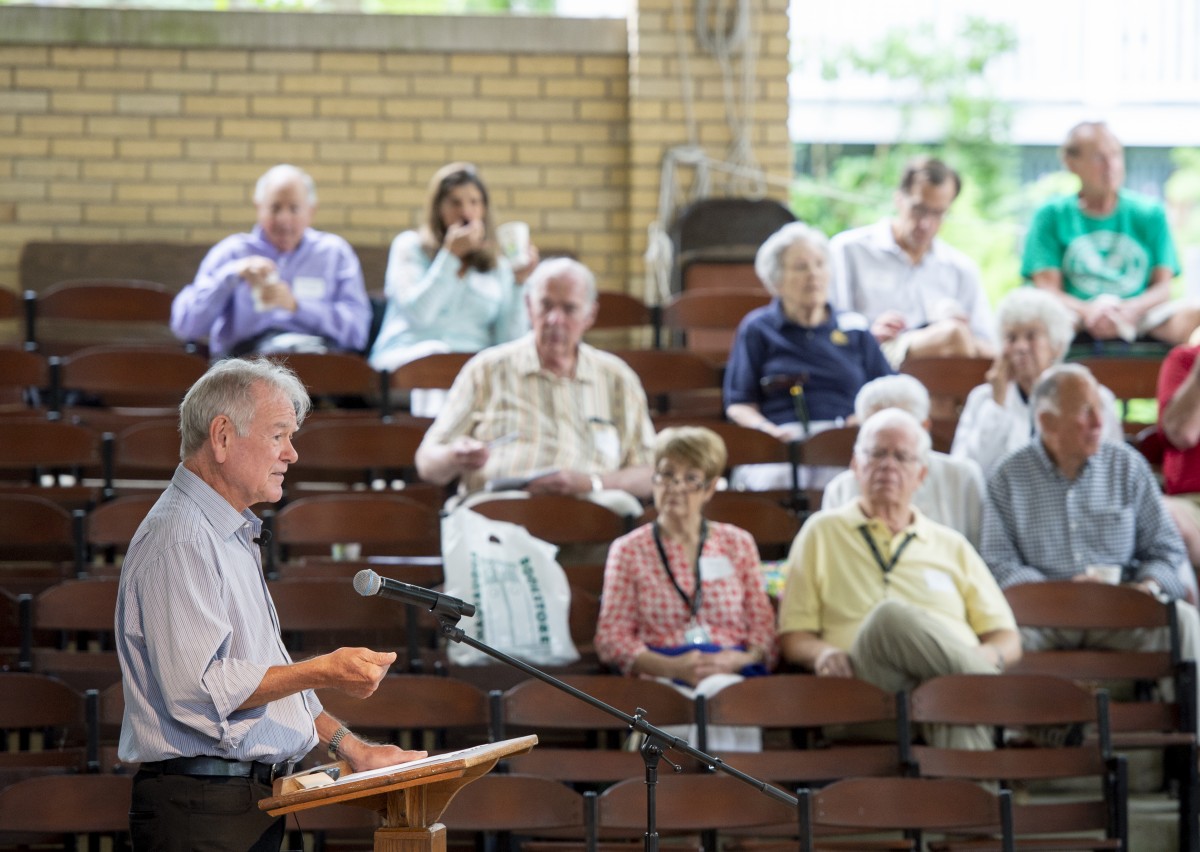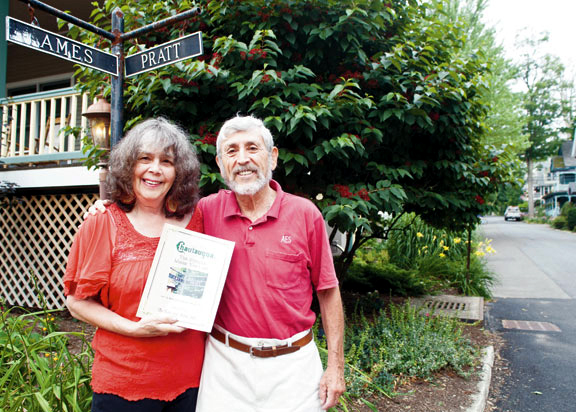
Gerrymandering (soft “g”) is the redrawing of electoral boundaries to unfairly favor one group or political party over the other. Named for Elbridge Gerry (hard “g”) who as governor of Massachusetts came up with the idea to manipulate senatorial districts in 1812, it is a relatively common American practice.
It works in two ways, known as “cracking and packing.” Cracking is used by a majority party to spread political opponents out over a larger geographical area, thus watering down their voting power. Packing, conversely, weakens opponents by tightly concentrating them in one district, limiting their voting power to a smaller area. It may not be right, but so far it is not illegal.
Like the weather, everybody complains about gerrymandering, but nobody seems to do anything about it.
That may be changing: In February, the Pennsylvania Supreme Court ruled unconstitutional a reordering of the state’s congressional map by the Republican-dominated state legislature in 2011, saying that it violated voters’ rights to “a free and ‘equal’ ” election as guaranteed by the state constitution.
At 3:30 p.m. Friday, August 10, in the Hall of Philosophy, Justice Max Baer, who serves on that court, and Maureen Lally-Green, dean of the Duquesne University School of Law and former Superior Court of Pennsylvania judge, will discuss “Gerrymandering” as part of the Oliver Archives Heritage Lecture Series.
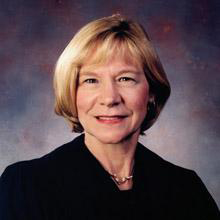
“You could have run Mickey Mouse or Donald Duck in the Republican districts and they would have won; the same goes for the Democratic districts,” said Baer, who voted with the court’s 5-2 majority to end what he called “extreme partisan gerrymandering.” “The outcome of the election was preordained.”
Baer noted that from 2011 to 2018, Republicans controlled 12 of Pennsylvania’s 18 congressional districts.
“The problem was, if you look at the total votes by party, the Democrats were getting 55 percent to the Republicans’ 33 percent,” he said.
The court ordered that state lawmakers redraw the map so that districts were geographically compact and contiguous and that each district have approximately the same population — and to do it immediately. Baer broke with the majority on the timing, arguing that a year was needed to create a new map.
“You can’t get legislators to commend mothers on Mother’s Day in that period,” Baer said.
The map was redrawn for the 2018 elections, despite threats to impeach Democratic justices and failed appeals to the U.S. Supreme Court to stop the action.
It was a rare legal victory for opponents of gerrymandering. State legislators, acting in their own interest, do not want to abandon gerrymandering, Baer said. And the U.S. Supreme Court has been reluctant to get involved in such cases.
In June, it refused to decide a Wisconsin case (Gill vs. Whitford) in which a state district court ruled on behalf of plaintiffs who had argued that the Republican-controlled state legislature had disenfranchised voters through partisan gerrymandering. The Supreme Court found unanimously that the plaintiffs did not have standing because they did not live in the district in question and kicked the case back to the state.
Later in June, the Supreme Court also cited questions of standing and sent back a North Carolina case that a state court had found proved that Republican legislators in that state had imposed unfair advantages for their party. Maryland and Texas have also seen gerrymandering cases turned away because of collateral issues of law.
“We don’t have much guidance from the Supreme Court on gerrymandering,” said Baer, a Democrat elected to Pennsylvania’s highest court in 2003.
The thorniest issue seems to be that while almost everyone agrees that gerrymandering is fundamentally unfair, many maintain that it is legal.
“Pro-gerrymandering people argue that it is constitutional, not that it is fair,” Baer said. “Pennsylvania is unique in that the petitioners brought suit under the the Pennsylvania Constitution, which has a free and fair elections clause. The United States Supreme Court does not.”
Baer said opponents of gerrymandering are in a difficult position with the current U.S. Supreme Court.
“You have four liberals and four conservatives who are going to vote one way,” he said. “Justice Kennedy was the swing vote, but he is leaving. With (Trump administration appointee Brett) Kavanaugh, you could predict that it would lose 5-4, unless Chief Justice Roberts decided to be the swing vote.”
Baer sees no action on gerrymandering by the court for at least a year and believes that plaintiffs would have more luck filing under state constitutions.
Lally-Green said she is optimistic that individuals are becoming energized to take a more grassroots approach to the issue.
“We’re looking forward to our talk at Chautauqua as a way of educating people,” she said. “People are becoming more involved in how their local, state and national governments are being run. Across the board, people are getting more involved in political life through social media, discussions, gatherings.”
Lally-Green said interest in the political process has increased over the last three or four years, specifically regarding partisan redistricting and gerrymandering.
“I think that’s a really good thing,” Lally-Green said.


